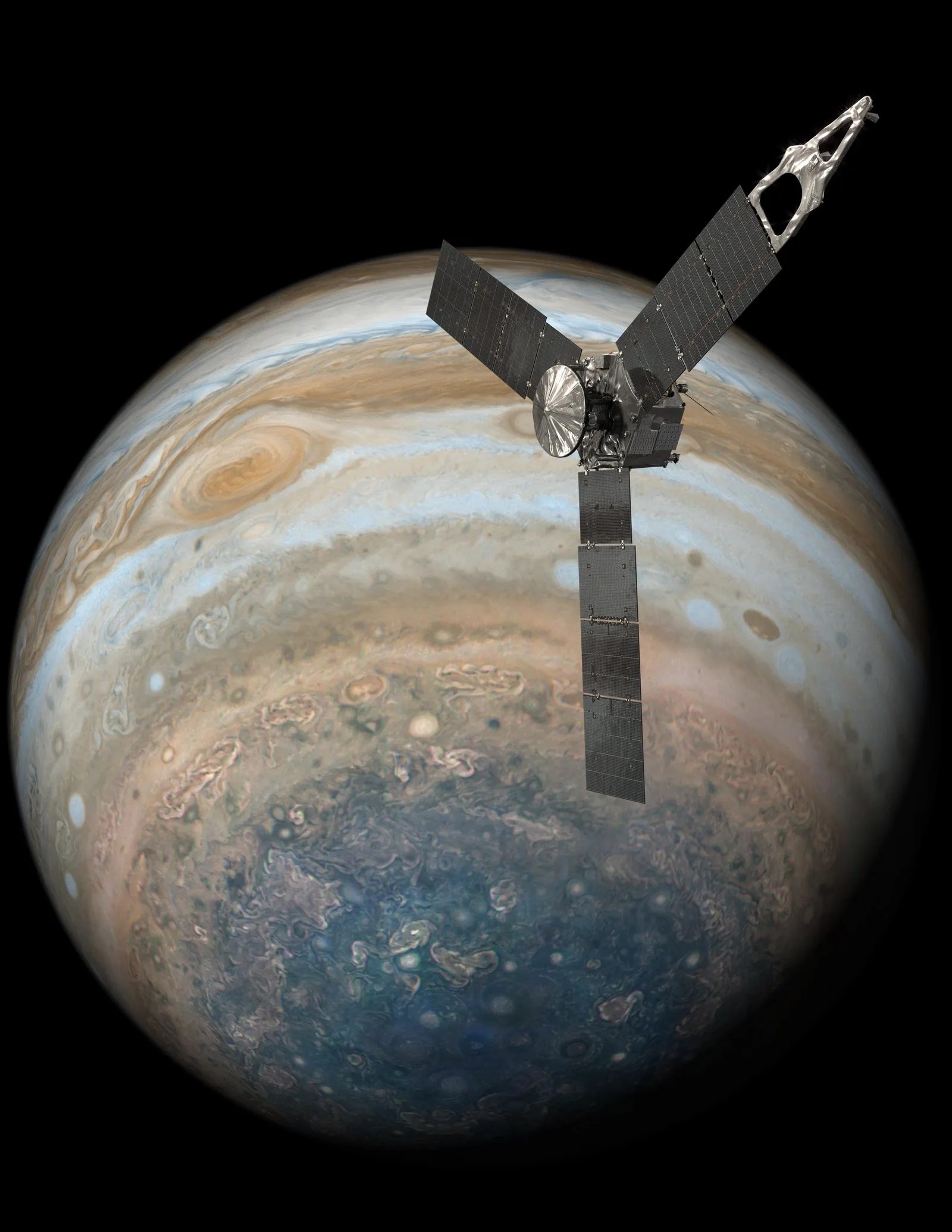2 min read
Amendment 7: A.3 Ocean Biology and Biogeochemistry Final Text and Due Dates.
NASA's Ocean Biology and Biogeochemistry program focuses on better understanding the ocean’s role in the Earth System and predicting future causes and impacts of change driven by Earth’s climate, the environment, and event scale phenomena on ocean biology, biogeochemistry, and ecology.
This year the Ocean Biology and Biogeochemistry program element of ROSES requests the following types of research investigations in no priority order:
- New quantitative analyses of vulnerability and shifts of aquatic biology and/or ecosystems in response to climate change.
- Science investigations to advance ocean biology/ecology research through the development and utilization of new and/or multisensor remote sensing approaches or data fusion, utilizing data from historical, existing, and new NASA and non-NASA sensors.
- Studies that focus on remote detection, quantification, and analysis of marine debris.
- Research in ocean ecology, specifically to prepare scientifically for new ocean measurements from the Plankton, Aerosol, Cloud, ocean Ecosystem (PACE) mission in the program of record, or the Surface Biology and Geology (SBG) and the Aerosol and Cloud, Convection and Precipitation (ACCP) designated observables recommended by the NASEM Thriving on Our Changing Planet: A Decadal Strategy for Earth Observations from Space.
- Research to advance foundational optical oceanography with an eye on the next decade of ocean biology remote sensing.
- Successor studies that clearly demonstrate past performance and offer to significantly advance the results of prior NASA Ocean Biology and Biogeochemistry research toward meaningful answers of important NASA Earth Science Research questions.
ROSES-2020 Amendment 7 releases final text and due dates for program element A.3 Ocean Biology and Biogeochemistry (OBB). Notices of intent are requested by April 30, 2020, and proposals are due July 23, 2020.
Questions concerning A.3 Ocean Biology and Biogeochemistry may be directed to Laura Lorenzoni, who may be reached at laura.lorenzoni@nasa.gov.






